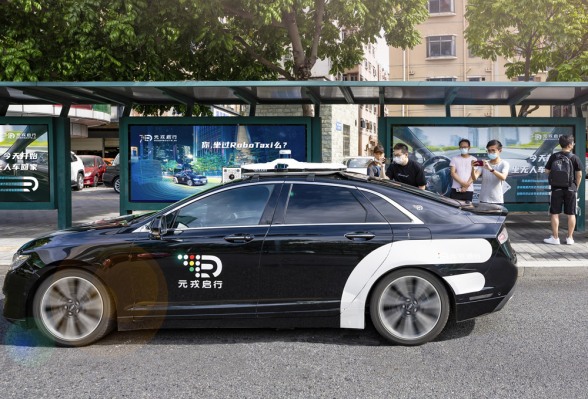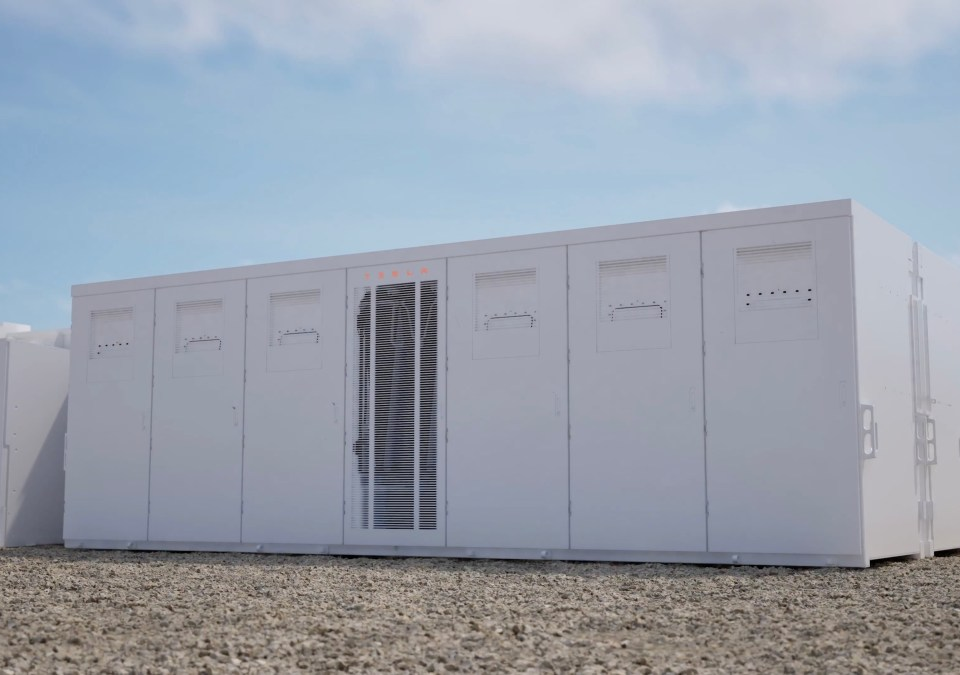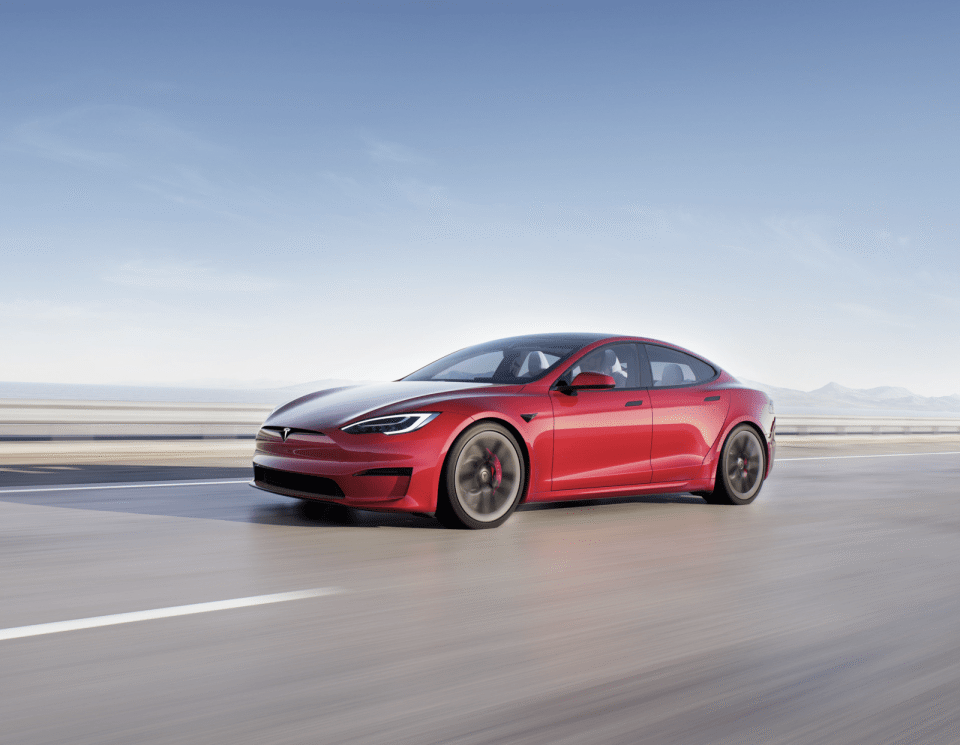
Real driverless cars are now legal in Shenzhen, China’s tech hub
July 26, 2022
Securities are in the eye of the beholder
July 28, 2022
Hydrogen has been the decarbonized energy sector’s white whale.
Wildly abundant and highly versatile, it has long had the potential to decarbonize entire sectors of the economy. From cars and trucks to planes, trains and even household boilers, the universe’s lightest gas isn’t short on possible applications.
But it is short on successful applications. Cars and trucks? Until yesterday, the last time I saw a hydrogen car was when I tested a Mercedes fuel cell B-Class … nearly 15 years ago. Planes? Not anytime soon. And homes? Japan is testing the idea, but given the difficulty of retrofitting the natural gas infrastructure to accommodate the leaky molecules, it’s unlikely to happen in the near future.
One place where hydrogen does show promise is in heavy industry, where intense heat and dense power can be hard to replicate with electric sources. Cost remains a hurdle, though.
That’s where Hgen hopes its modular electrolyzers will make an impact. The startup aims to decarbonize hard-to-crack industries like steel and ammonia production by focusing on green hydrogen that’s made using renewable power. It was founded by Molly Yang, a Tesla alum who helped lead the Supercharger, residential energy and industrial energy teams, and Colin Ho, who led actuation and power systems for Starship at SpaceX.
The company exclusively told TechCrunch that it has raised a $2 million seed round led by Founders Fund, which was joined by Fontinalis Partners, Climate Capital, Yishan Wong and a handful of other angels.
Yang said Hgen is bringing to hydrogen production Tesla’s and SpaceX’s focus on optimizing the whole widget.



